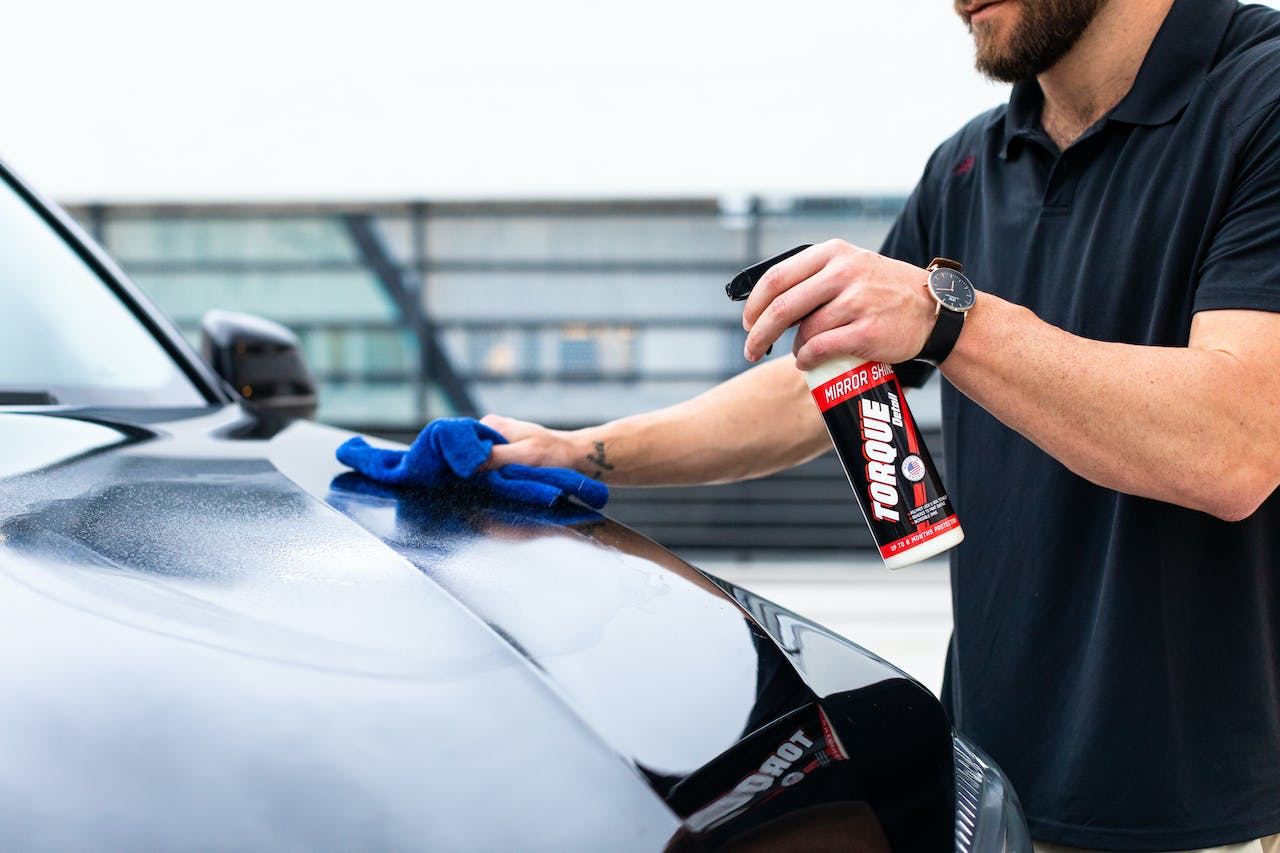Remote control (RC) vehicles offer an exhilarating blend of speed, agility, and control that captivates hobbyists and enthusiasts alike. However, the performance of these mini marvels heavily depends on one crucial component: the battery. Choosing the right battery can make a world of difference in how your RC vehicle performs. In this guide, we delve into the best batteries for remote control car, exploring their types, benefits, and tips for maximizing their potential.
Understanding Battery Types
Nickel-Cadmium (NiCd) Batteries
Description: Nickel-Cadmium (NiCd) batteries were among the first rechargeable batteries used in RC vehicles. They are known for their durability and ability to deliver consistent power.
Pros and Cons: NiCd batteries are robust and can handle high discharge rates, making them suitable for intense activities like racing. However, they suffer from the “memory effect,” where incomplete discharging leads to reduced capacity over time. They are also heavier and have lower energy density compared to newer battery types.
Nickel-Metal Hydride (NiMH) Batteries
Description: Nickel-Metal Hydride (NiMH) batteries are an improvement over NiCd batteries, offering higher capacity and better environmental safety.
Pros and Cons: NiMH batteries boast higher energy density and do not suffer from the memory effect, making them more efficient for prolonged use. They are also safer and less toxic than NiCd batteries. On the downside, NiMH batteries have a higher self-discharge rate and can be heavier, impacting the performance of lighter RC vehicles.
Lithium-Polymer (LiPo) Batteries
Description: Lithium-Polymer (LiPo) batteries represent the latest in battery technology for RC vehicles. They are known for their high energy density, lightweight design, and superior performance.
Pros and Cons: LiPo batteries offer unparalleled power and efficiency, making them ideal for high-speed and high-performance RC vehicles. They are lighter and can be molded into various shapes, fitting snugly into different vehicle designs. However, they require careful handling and monitoring to avoid overcharging and potential hazards. LiPo batteries are also generally more expensive than NiCd and NiMH batteries.
Choosing the Right Battery for Your RC Vehicle
Compatibility
Vehicle Requirements: It’s essential to ensure that the battery you choose is compatible with your RC vehicle. Check the manufacturer’s specifications for voltage, capacity, and physical size requirements to avoid any mismatches.
Voltage and Capacity: Voltage (measured in volts, V) and capacity (measured in milliampere-hours, mAh) are critical factors in battery performance. Higher voltage typically means more power, while higher capacity translates to longer run times. Balance these factors based on your vehicle’s requirements and intended use.
Performance Needs
Speed vs. Runtime: Consider what you prioritize more: speed or runtime. LiPo batteries, with their high discharge rates, are excellent for speed, whereas NiMH batteries can offer longer runtimes for extended play.
Usage Scenarios: Tailor your battery choice to the specific activities you engage in. Racing requires high discharge rates and lighter batteries for speed, while off-roading might benefit from batteries with higher capacity to endure longer sessions.
Tips for Maximizing Battery Performance and Lifespan
Charging Best Practices
Proper Charging Methods: Always use chargers specifically designed for your battery type. LiPo batteries, in particular, require smart chargers that can balance the charge across all cells to prevent overcharging and potential damage.
Avoiding Overcharging: Overcharging can significantly reduce battery lifespan and, in the case of LiPo batteries, can be dangerous. Use chargers with automatic shut-off features and never leave batteries charging unattended.
Storage and Maintenance
Storing Batteries: Store batteries in a cool, dry place away from direct sunlight and extreme temperatures. For LiPo batteries, store them at around 50% charge if you don’t plan to use them for an extended period.
Regular Maintenance: Regularly inspect your batteries for any signs of wear and tear, such as swelling, leaks, or physical damage. Clean the battery terminals to ensure optimal connection and performance.
Top Battery Brands for Remote Control Vehicles
Trusted Brands
Brand 1: Traxxas Traxxas is renowned for its high-performance RC batteries, particularly its LiPo range. Traxxas batteries are known for their reliability and compatibility with a wide range of RC vehicles.
Brand 2: Venom Venom offers a diverse range of RC batteries, including NiMH and LiPo options. Venom batteries are celebrated for their durability and performance, making them a popular choice among enthusiasts.
Brand 3: Gens Ace Gens Ace is a leader in LiPo battery technology, offering high-capacity batteries that deliver exceptional power and efficiency. Their batteries are favored for racing and high-performance applications.
Comparing Prices and Value for Money
Price Ranges
Budget Options: Affordable batteries can still offer good performance for casual users. Brands like Tenergy provide reliable NiMH and LiPo batteries at lower price points.
Mid-Range Choices: Mid-range batteries balance cost and performance, making them suitable for most hobbyists. Brands like Zippy and Turnigy offer excellent value for money with a good mix of performance and durability.
Premium Selections: For enthusiasts seeking top-tier performance, premium batteries from brands like Traxxas and Gens Ace are worth the investment. These batteries offer superior power, longevity, and reliability.
Cost vs. Longevity
Investment Analysis: While premium batteries have higher upfront costs, their longevity and performance often justify the investment. Cheaper batteries might save money initially but may require more frequent replacements, ultimately costing more in the long run.
Conclusion
Selecting the right battery for your remote control vehicle is crucial to maximizing its performance and longevity. By understanding the different types of batteries available, their pros and cons, and how they align with your specific needs, you can make an informed choice that enhances your RC experience. Whether you’re racing at high speeds or enjoying leisurely off-road adventures, the right battery can make all the difference.
FAQs
Q1: What is the best type of battery for speed in RC vehicles?
A1: Lithium-Polymer (LiPo) batteries are generally the best choice for speed due to their high energy density and power output.
Q2: How can I extend the life of my RC vehicle batteries?
A2: To extend battery life, follow proper charging practices, avoid over-discharging, and store batteries in a cool, dry place when not in use.
Q3: Are NiMH batteries better than NiCd batteries for RC cars?
A3: NiMH batteries are often preferred over NiCd due to their higher capacity and lack of memory effect, though they do have a higher self-discharge rate.
Q4: Can I use a higher voltage battery in my RC vehicle for more power?
A4: Using a higher voltage battery can provide more power but may also strain your vehicle’s electronics. Always check your vehicle’s specifications before upgrading.
Q5: What are the signs that my RC vehicle battery needs to be replaced?
A5: Signs include reduced run times, difficulty in holding a charge, noticeable swelling, and physical damage to the battery.
By making an informed decision about your RC vehicle’s battery, you can ensure hours of uninterrupted fun and optimal performance. Happy driving!




